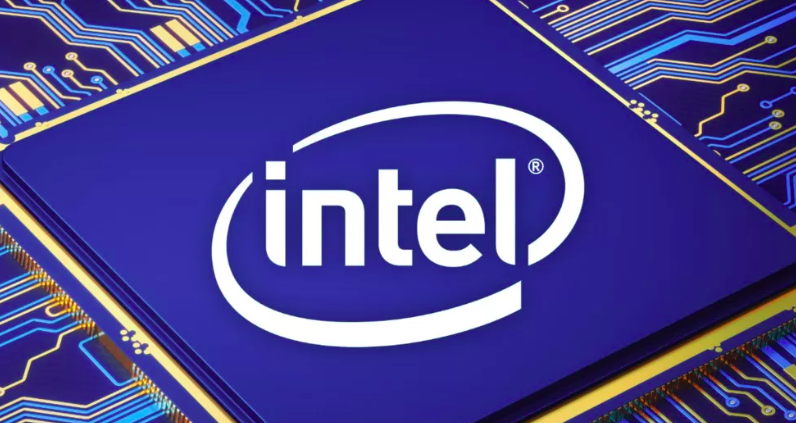
Intel announced Monday plans to invest in Germany over the next decade, and the US tech giant’s commitment amounts to $33 billion over the course of ten years. The two semiconductor facilities will receive 10 billion euros in state subsidies, as the German government and European Union are both seeking to establish a robust chip manufacturing industry.
With this investment, Intel is joining other tech companies such as Nvidia, Samsung, and AMD in their efforts to strengthen their foothold in the European continent. Intel’s Chief Executive Officer Pat Gelsinger emphasized the importance of being competitive: “We lost this industry to Asia, we have to be competitive if we want to bring it back.”
In order to compete with global chipmakers, Germany is now investing billions in subsidies to attract tech companies. The chip industry is segmented into memory chips, logic chips, and processor chips. Intel’s investment into Germany will include a focus on logic chip production, which includes processors essential for mobile phones, drones, and automotive technology.
German Chancellor Olaf Scholz is eager to the attract the tech industry, as the country is already home to multinationals such as Volkswagen and Siemens. The recent investment will be most beneficial for Eastern Germany, where the two facilities will be constructed in Saxony-Anhalt.
This investment is the latest in Intel’s expansion effort, following $4.6 billion for a chip plant in Poland and $25 billion for a factory in Israel. These facilities come at a crucial time for the chip industry, as the global supply chain is fragile and much of the production comes from South Korea and Taiwan.
To address the reliance on foreign chip supplies, the European Commission has been loosening funding and subsidy regulations for industrial companies, creating a more attractive environment for these tech giants. Hence, Intel is one of the several major companies to benefit from this shift.
Intel shares have been declining since the announcement, but the long-term outlook for the company and the German chip industry remains positive. With this time additional investment, the country aspires to become a powerhouse in chip production.







